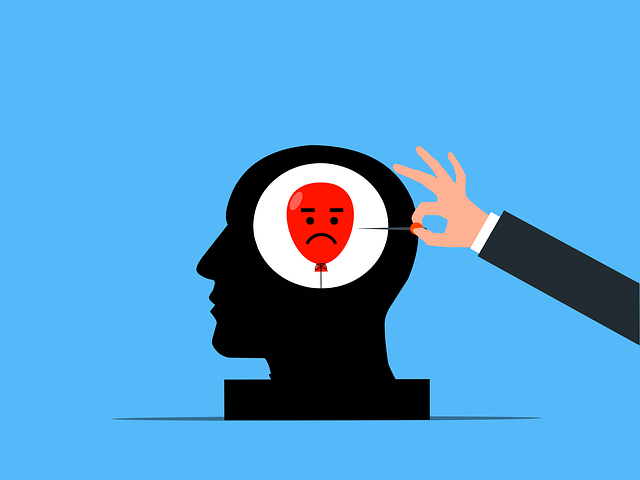Unhappiness is a common experience that affects people of all ages, genders, and backgrounds. It can be caused by a variety of factors, including genetics, environment, stress, anxiety, and social connections. Understanding the root causes of unhappiness is important because it can help individuals identify the factors that are contributing to their negative emotions and take steps to address them. In this article, we will explore the different factors that contribute to unhappiness and discuss strategies for overcoming it.
What is Unhappiness?
 Unhappiness is a state of mind characterized by negative emotions such as sadness, frustration, anger, and disappointment. It can be caused by a variety of factors, including life events such as the loss of a loved one or a job, chronic stress or anxiety, and genetic predispositions. Common symptoms of unhappiness include feelings of hopelessness or helplessness, lack of motivation or interest in activities that were once enjoyable, difficulty sleeping or concentrating, and changes in appetite or weight.
Unhappiness is a state of mind characterized by negative emotions such as sadness, frustration, anger, and disappointment. It can be caused by a variety of factors, including life events such as the loss of a loved one or a job, chronic stress or anxiety, and genetic predispositions. Common symptoms of unhappiness include feelings of hopelessness or helplessness, lack of motivation or interest in activities that were once enjoyable, difficulty sleeping or concentrating, and changes in appetite or weight.
The Role of Genetics in Unhappiness
Genetics can play a role in the development of unhappiness. Studies have shown that certain genetic variations can influence mood and emotions. For example, variations in the serotonin transporter gene have been linked to an increased risk of depression and anxiety disorders. Additionally, research has shown that individuals with a family history of depression are more likely to develop the condition themselves.
The Impact of Environment on Unhappiness
Environmental factors can also contribute to unhappiness. Stressful life events such as financial difficulties, relationship problems, or job loss can trigger negative emotions and lead to feelings of unhappiness. Other environmental factors that can impact mood and emotions include exposure to toxins or pollutants, lack of access to basic needs such as food and shelter, and social isolation.
The Effects of Stress and Anxiety on Unhappiness
Stress and anxiety are common contributors to unhappiness. Chronic stress can lead to feelings of overwhelm and burnout, while anxiety can cause persistent worry and fear. Both stress and anxiety can impact mood and emotions by triggering the release of stress hormones such as cortisol, which can lead to feelings of irritability, sadness, and fatigue.
The Role of Social Connections in Unhappiness
Social connections can also play a role in the development of unhappiness. Lack of social support or social isolation can lead to feelings of loneliness and depression. Additionally, negative social interactions such as bullying or conflict with family members or coworkers can trigger negative emotions and contribute to unhappiness.
The Power of Positive Thinking in Breaking the Cycle of Unhappiness
Positive thinking can be a powerful tool for breaking the cycle of unhappiness. By focusing on positive thoughts and experiences, individuals can shift their mindset from one of negativity to one of optimism and hope. Strategies for cultivating a positive mindset include practicing gratitude, engaging in activities that bring joy, and reframing negative thoughts into positive ones.
Strategies for Overcoming Unhappiness
There are many strategies for overcoming unhappiness, including therapy, medication, lifestyle changes, and self-care practices. Therapy can help individuals identify the root causes of their unhappiness and develop coping strategies for managing negative emotions. Medication may be prescribed for individuals with severe depression or anxiety disorders. Lifestyle changes such as exercise, healthy eating, and getting enough sleep can also improve mood and overall well-being. Self-care practices such as meditation, journaling, or spending time in nature can help individuals manage stress and cultivate a positive mindset.
Unhappiness is a complex experience that is influenced by a variety of factors including genetics, environment, stress, anxiety, and social connections. Understanding the root causes of unhappiness is important because it can help individuals identify the factors that are contributing to their negative emotions and take steps to address them. Strategies for overcoming unhappiness include therapy, medication, lifestyle changes, and self-care practices. By taking proactive steps to manage negative emotions and cultivate a positive mindset, individuals can break the cycle of unhappiness and improve their overall well-being.








